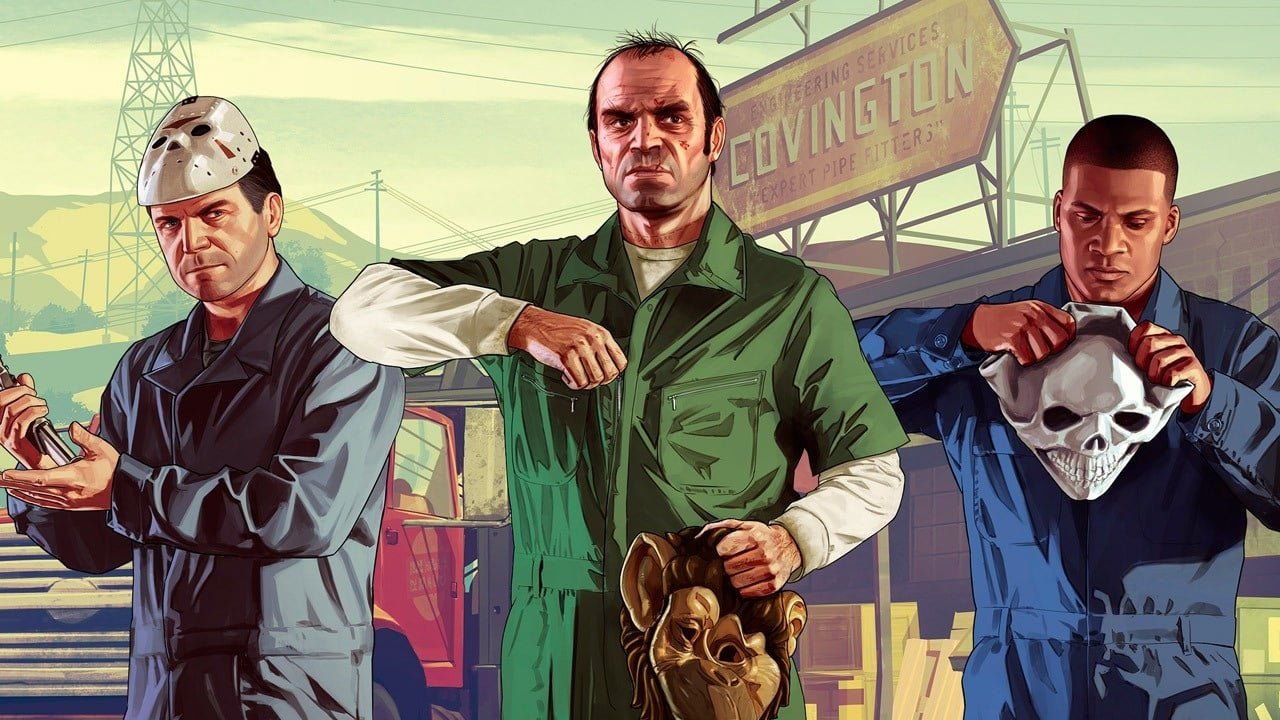Another digital summer sale is coming for Summer 2020, and almost a dozen launchers are ready to boggle the minds of PC gamers around the world.
Through a leading platform, the Steam Summer Sale is expected to continue distributing as many games as it can from its source. But as the hottest titles are shared at discounted prices, its producers are also stepping in with near-identical price tags. It’s easy to imagine having one straightforward place to find a good digital deal – if we were still living in the last decade or so.
This year’s summer sales are here to remind PC gamers that no title is ever the same in how they are digitally bought and collected.
One game can appear with a discount. It can also be sold across different digital storefronts. Same title, similar deal, different retailers (obviously). I noticed the trend happen just as much as any confused shopper once publishers broke the “Steam Bubble”. Ahead of 2020’s summer sale, a realization came at the sight of nine different launchers locked on my taskbar – a sign I had to run in small circles for the best single game deal. Steam, Origin, Epic Games and UPlay could show the same offer, but when did a summer sale add a new step in choosing where to keep it, let alone scroll through store after store for the same piece of software?
The answer lies in a thought of PC gamers having their deals overlapped by too many darn launchers during a supposedly exciting – yet complicated process.
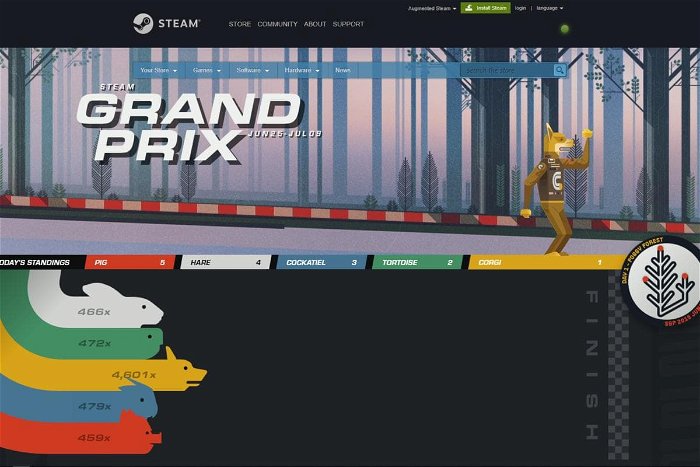
Of course, the fabled “Summer Sale” is a battlestation’s household term best associated with Steam. Valve’s platform makes the most out of its distribution model for crazy deals – part of a belief Valve hoped would “establish direct relationships with their customers” since the Steam app was created in 2003. For developers, it became a convenient way to sell games ahead of inevitable CD extinction. Called “Store Presence,” this dynamic with Valve helped Steam grow into the largest digital distributor online and was backed by third party studios during its infancy.
Early PC gamers could also rely on Steam for having all their deals fit together in a single library. Now, it takes a launcher to collect every game from their respective launchers. Double whammy.
The early digital partnerships mattered to developers who were shown how to sell digital versions of their games. Steam became a method, which would be followed by the likes of Ubisoft, Electronic Arts, Blizzard and other notable publishers. It also helped each one start their own competitive launchers shortly after Valve’s very first summer sale in 2010 (Origin was born in 2011. UPlay Client followed in 2012. Battle.net revamped with exclusive digital sales in 2013).
According to a 2017 op-ed by Polygon, writer Tim Colwill mentioned Steam’s counterparts offered basic compromises when Valve didn’t. A lengthy legal case forced the company to offer customers full sales refunds starting in 2015 – something others like EA’s Origin already had. Recent platforms including Epic Games announced they would pay the difference for early customers if their game went on sale shortly after. Over time, Valve’s long-standing sales model had ironically begun to make an example of itself for other distributors.
Steam’s own established terms also led to partners taking their games back, with their own launchers being the vice. In 2011, both Crysis II and Alice: The Madness Returns were removed from Steam while an EA spokesperson stated the platform restricts the way developers wanted to sell their games.
“Steam has imposed a set of business terms for developers hoping to sell content on that service–many of which are not imposed by other online game services,” EA wrote.
“Unfortunately, Crytek has an agreement with another download service which violates the new rules from Steam and resulted in its expulsion of Crysis II from Steam.”
The game returned as Crysis II: Maximum Edition on Steam in 2012. But it resulted in two copies of the game being open for markdowns, over different launchers for years to come. This type of duplication would only continue to grow exponentially as more games were released digitally, including Grand Theft Auto V which is available for discounts over Steam, Epic Games Launcher and Rockstar Games’ own Launcher. Players during summer sales now have to see where they want their game to load from – a new layer on what should be a simple buying decision for PC.
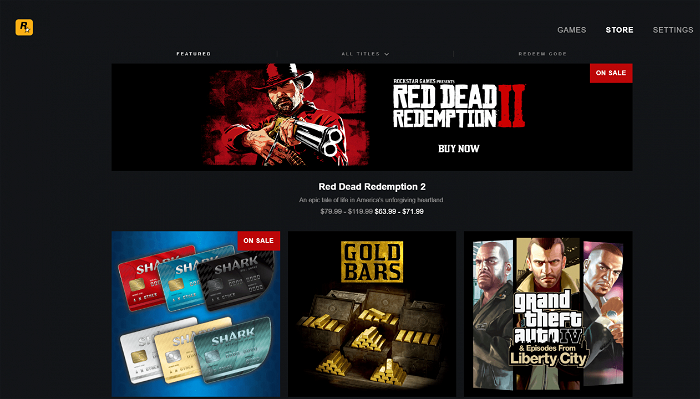
Enticing PC gamers during sales were the bonus incentives and content that came as a gift from certain stores. DLCs became free in ways that wouldn’t happen under Steam. In an effort from publishers to be unique in their distribution, players no longer have a “definitive” source for their digital library.
Valve’s approach unified the online sale process – including pre-orders and early marketing which would give Steam credibility. Its first annual Summer Sale in 2010 ramped store presence up (so much that Valve co-founder Gabe Newell became known in endless memes).
Companies easily brought seasonal discounts over their own platforms while escaping an “overlapping” by Steam. Selling games away from Steam also meant saving over 30 per cent of revenue which would go to Valve. In 2018, the figure was reduced to 20-25 per cent for sales (reserved for games crossing $50 million). Despite some reforms, more PC gamers drifted from Steam’s digital utopia and to other platforms. For newer distributors such as Epic Games, the company pledged it would only take 12 per cent from all game sales – a lighter fee for partners which would add up during summer sales.
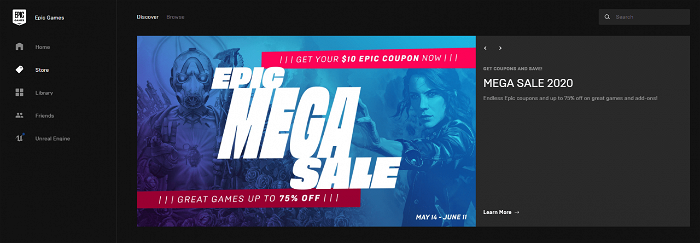
But launchers having their own deals came at the cost of simplification and user friendliness. Every new summer sale purchase from a customer increased the chore of keeping games manually updated over five different places. Unlike Steam’s intended vision of having all games queued for support, the responsibility now falls back on customers to click and check for updates more frequently. Added accountability includes remembering security and login info for every launcher while some are less stable than others against leaks and information hacks. Again, these are only a few practical complications which could have a higher chance of happening during summer sales.
It’s also worth noting that consoles share significantly less (but still some) of the distribution baggage during summer sales. While savings on PC are publisher and distributor based, a simpler hardware-based approach is taken over the PS4, Xbox One and Nintendo Switch. Their respective stores are proprietary to a game system, meaning console gamers only need to look at one place for their digital summer sales. Players are also subject to one return policy on the system’s store as publishers draw lines for launcher-sold PC games.
In fairness, distribution services over PC do deserve credit for moving past the fumbles that made Steam unpleasant for some during summer sales. Competitive launchers become special in sorting publisher-based games to the proper places. Fans could know where their favourite IPs including Star Wars, Assassin’s Creed and Fallout are by developers.
The effort also divides the way PC gamers approach summer sales and new buyers are caught between growing multiple libraries for one system. Steam’s annual event is one way to grow a library, while it’s inevitable that gamers have to add a few more launchers to fully enjoy their desktop experience.
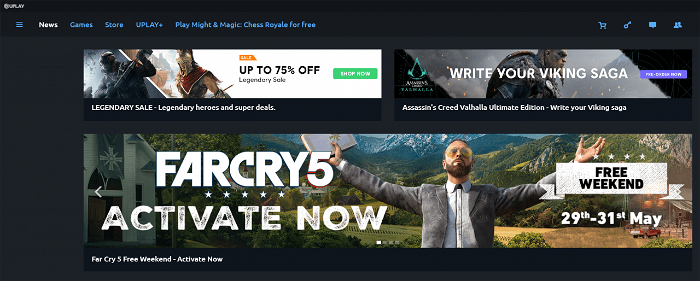
It’s also a bittersweet change that PC gamers would have to continue keeping up with in every development. Upcoming sequels including Assassin’s Creed Valhalla would break the Steam chain in favour of releasing over its UPlay client (without acknowledging fans who played through the entire collection with added support from Valve’s service). According to the New York Times, Ubisoft revenue VP Chris Early called Steam’s model “unrealistic” while it became out of touch with everyone else in distribution. As Valhalla will eventually go on sale later in time, players would still have to roll with the punches if it’s excluded for Steam collections.
An early Spring 2020 sale of Grand Theft Auto V foreshadowed a messy Summer Sale as Epic Games Launcher made the game free – weeks after it was discounted at $14.99 over Humble Bundle, Rockstar Launcher and Steam. Sadly, some gamers including myself had to pick our jaws up from the floor and brace for the next surprise from different stores. The high traffic from eager owners also crashed the Epic Games Launcher while exclusive games including Fortnite were made inaccessible for PC players.
Steam’s Summer Sale extends to other publishers in different (brand) shapes and sizes. As companies take distribution matters into their own hands, PC gamers have more sources to keep up with now compared to before. It becomes critical for launchers to keep redistribution at arm’s length between competitors without overwhelming customers every year.
In celebrating the flexibility of PC gaming, its own services shouldn’t be a dividing factor.
For now and until the end of time, summer-shoppers would have to check some (if not all) of the following.
Steam
Origin
Epic Games Store
Battle.net
UPlay
Microsoft Store
GOG Galaxy
Bethesda Launcher
Rockstar Games Launcher
